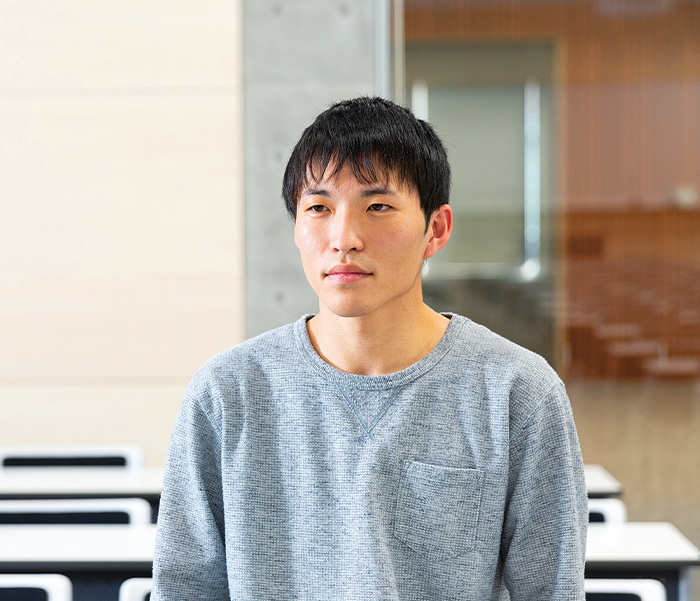Key points
Key points over the four years of study
1. Developing leaders capable of solving local challenges
Students learn about local finance, public administration, local autonomy, and other subjects to acquire the basic knowledge required for public management. Professional licensing programs and technical training in public management theory, public administration, legal policy, civil participation theory, and other fields ensure they will be capable of solving local challenges. Furthermore, through municipality case studies and field work, students deepen understanding of the occupation and cultivate the knowledge and attitude required of a civil servant to become human resources capable of expertly handling the work.
2. Instruction by professors with extensive experience in public administration
The professors have extensive experience on the front lines of government operations, promoting practical learning. Experience cultivated in business and public administration, knowledge gained from many years of work experience, and fresh information acquired from the networks they have built are directly utilized in instruction, making this the optimal program for those aspiring to become civil servants.
Student interview

Even content that at first glance seems highly academic is closely related to our daily lives.
Third-year student, Department of Global Management Studies
Naoki Higuchi
Naoki Higuchi
We learn about local government systems, the structure of administrative organizations, and other such subjects. We also get to know the problems facing local autonomy today and study better approaches to public administration and government. In particular, in the Local Finance Theory class, as the name suggests, we learn about local finance. It also covers the relationships between municipalities and the national and prefectural governments and taxes. It’s interesting to me to learn in detail about the workings and history of familiar government programs. The things covered in the Public Management Course are all very closely related to our daily lives. You also gradually develop a more expert view of and thinking on the information you see and hear in the daily news and newspapers. I’m still not absolutely sure what I want to do in the future, but I know I want to return to my hometown and get a job that allows me to contribute to the community. I hope to become a human resource capable of finding solutions to various problems that are faced by all municipalities such as the declining birth rate and aging population.
